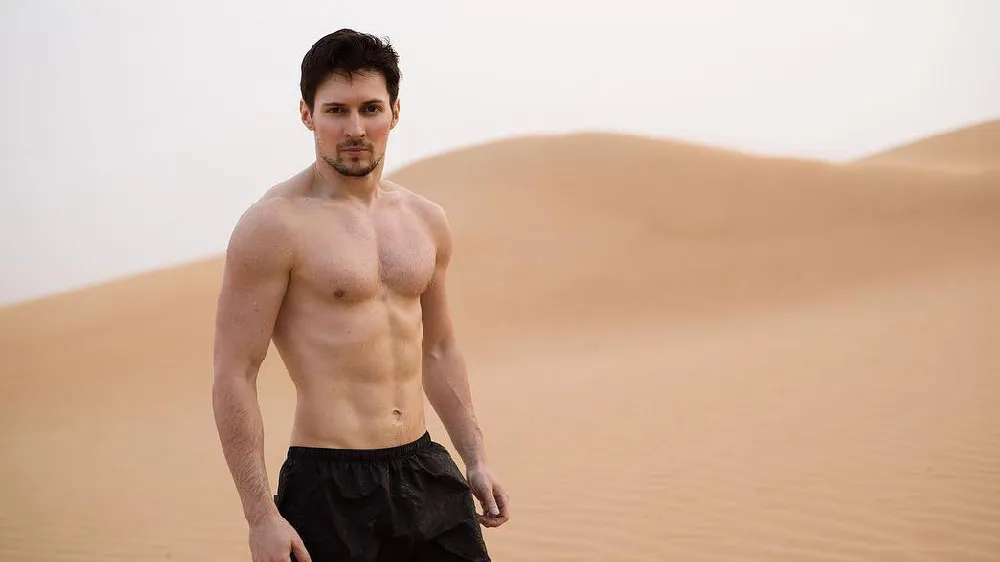January 28, 2014
Gov. Christie on Defense as NJ Hosts Super Bowl
Jason St. Amand READ TIME: 4 MIN.
Gov. Chris Christie was born and raised in New Jersey, but his football allegiance is to the Dallas Cowboys. He played catcher on his high school baseball team and has been a lifelong Mets fan, though his friends and foes alike probably would agree he governs like a linebacker.
In case you missed the highlights of his exploits on the political playing field, here's how the tough-talking Republican governor, caught up in the first scandal of his administration, got to where he is today as New Jersey finds itself in the spotlight as host of Sunday's Super Bowl.
___
FIGHTING CORRUPTION
Christie's first attempt at elected office didn't go well. He was a one-term county officeholder before being voted out of office. But he found a different and more noticeable way to burst onto the state political scene: He became a prolific fundraiser for George W. Bush in 2000.
Once elected president, Bush rewarded Christie by making him his surprise pick to be U.S. attorney for New Jersey, the state's top federal law enforcement official, starting in 2002.
The former corporate lawyer quickly made a name for himself as a corruption-buster, winning convictions of more than 130 public officials over seven years. He reveled in talking about putting away politicians on the take, even for seemingly minor offenses.
"The longer we vote them in," he said in a 2008 speech, "the more bulletproof they feel, and the more entitled they feel to become corrupt."
____
OVERCOMING THE ODDS
There was speculation Christie would run for governor in 2005, but he decided to keep his job as U.S. attorney. By the time the 2009 gubernatorial election rolled around, however, the state's Republican powerbrokers were lined up behind him.
Still, Christie was the underdog to Gov. Jon Corzine, a Democrat who spent tens of millions of his own money on his campaigns in a state where Democrats enjoy home-field advantage.
Christie hammered away at discontent with Corzine, who had raised taxes.
He was the first Republican elected statewide in New Jersey in 12 years and came into office pledging "to pick Trenton up and turn it upside down."
TALKING TOUGH
Once in office, Christie introduced himself to the state anew by holding frequent town hall-style meetings where he showed himself adept at calling audibles and going off-script.
At one forum, a teacher complained that Christie was not being fair to public schools. As he denied that, he noticed the educator rolling her eyes. Then he went off: "I stood here and very respectfully listened to you," he told her. "If you want to put on a show and giggle every time I talk, I have no interest in answering your question."
The mostly Republican crowd cheered.
As he built a reputation for bluntness, he also showed he could get difficult things done, forging agreement with the Democrat-controlled Legislature on bills to make public workers pay more for pension and health care benefits and eliminate lifetime tenure protections for teachers.
____
AIMING HIGHER
The Grand Old Party, and the country, took notice.
"Big Boy," as Bush called him, created such buzz that some deep-pocketed donors were urging him to run for president in 2012.
The closest Christie would come - after repeatedly stating his disinterest in seeking his party's nomination - was making Mitt Romney's short list for VP. Christie would give the keynote address at his party's nominating convention, a speech that was televised in prime time, adding to his national exposure.
Though he said he wasn't ready to be president, Christie told Oprah Winfrey in 2012: "I'll be much more ready four years from now."
Adding to speculation that he would indeed jump into the 2016 presidential campaign, Christie had gastric banding surgery a year ago to help him lose weight, addressing what some believed to be his biggest liability in seeking national office.
____
BUILDING A BRAND
Willing Democrats in the Legislature helped Christie demonstrate his skill at bipartisanship, providing a stark contrast to the perennial gridlock in Washington.
Superstorm Sandy, the state's worst-ever natural disaster, helped cement his reputation as a leader. His job approval rating soared as he tirelessly traveled the state to comfort victims and rally devastated communities afraid they would never be the same.
It was hardly noticed that he was unable to usher in a tax cut during his first term, or that he lost a court battle over gay marriage, which became legal in his state last year.
With his popularity in the stratosphere, no big-name Democrat was willing to challenge him during his run for a second term. He swamped a relatively little-known state senator, Democrat Barbara Buono, by 22 points, securing endorsements from more than 50 elected Democrats and winning about half the Hispanic vote.
_____
HITTING THE BRAKES
Documents released Jan. 8 revealed that aides to the governor were involved in blocking local-access lanes to the busy George Washington Bridge, apparently to cause delays to punish a Democratic mayor in a community at the foot of the span leading to New York City.
The governor issued a public apology while denying any personal knowledge or involvement in the political vendetta. Four of his top aides or associates resigned or were fired.
Now a state legislative committee and federal prosecutors are investigating.
The scandal threatens to undermine Christie's second term and upend any ambitions to run for president.


